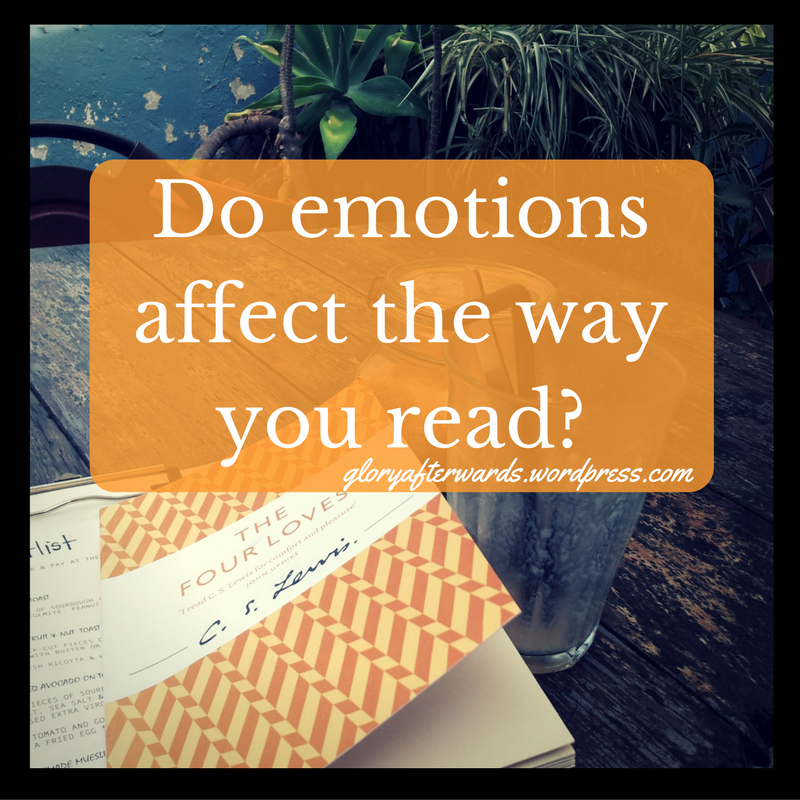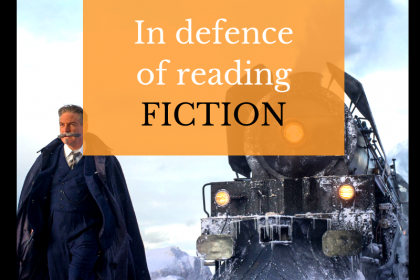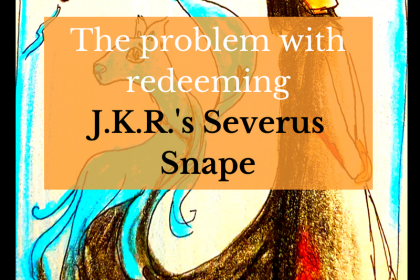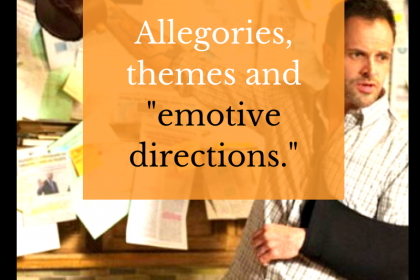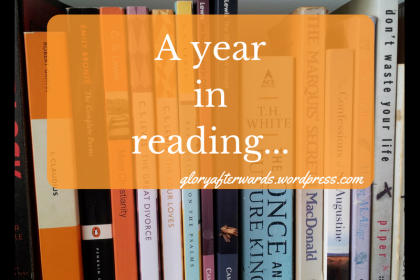I’ve been thinking lately about how our emotions or emotional state affects our experience of reading, be it newspaper articles, fiction or the Bible. They are not the only influences (world view, upbringing, age and many other factors play a part) but I believe they still have a significant impact.
Emotions affect our:
Appreciation of the reading material
This is as simple as when we’re feeling in a good mood we’re more likely to denote the book we’re reading as ‘good’. When we’re grumpy or cranky or just not in a happy frame of mind, we can reject a book we would otherwise have enjoyed. I’ll never know whether I truly dislike Howl’s moving Castle or not, because I was in a bad mood when I read it.
Acceptance of the truths we read
Basically, some days I’m feeling more ‘open’ than others. Sometimes I feel like everything I read is significant and could impact my view of the world, and I’m okay with letting it do that. I want to think deeply and chase after the deep ideas in my book. I want to turn the characters upside down to find out whether or not they’re similar to me. Some days I want my life to change and other days I simply accept everything at face value and read and appreciate the aesthetics of the book rather than the ideas. I’ve read great books on living out the Christian faith, but due to exhaustion or a ‘protective’ feeling or other emotions, I haven’t let them impact me. For this very reason St. Augustine’s Confessions is on my re-read list.
Our perception of the truths within the book
This sounds very similar to the last one. The difference is this: in some moods we have an accurate grasp of the truths offered but refuse to allow them close to us. In other moods, we simply distort the truth. Our emotions get the better of us, and as a result, certain passages may seem more heartbreaking, more judgemental, more infuriating than perhaps they normally would. I know that when I feel ‘down’ and read the Bible, I can often come out with the same response no matter the passage: I am guilty before God, and God is trying to interfere with my life. On the other hand, when I feel elated, I tend to de-value the cross – because everything seems so good – and don’t feel very grateful about having been saved from my sins at all.
This is a problem
Obviously, this emotional reading which we all engage in is an issue. At the very least it can be disappointing (we miss out on enjoying good books) or frustrating (we end up feeling we ought to re-read to glean the truths we missed the first time). Yet when we are reading the Bible, it can actually be harmful. This is because the Bible is Truth (that we’re missing, distorting, not enjoying) and this Truth is big enough that to devalue it is life changing.
Our response
First of all, we need to acknowledge that we’re always going to read emotionally, whether we realise it or not. We are human. We’re never going to be able to read perfectly objectively.
Secondly, having emotions is good (even if some are unhelpful). They’re God given. If we never read emotionally, reading would never move us, affect us or change us. We should never want to read perfectly ‘objectively’.
Holding these two truths closely, if we are affected by emotions which will impact our idea of the truths of the Bible, we need to do something about it – because Biblical truths are too valuable to waste.
What should we do?
Acknowledge the presence of our emotions – and ask God to summon the right ones, to bend and shape them for His joy and ours
Pray for guidance – it is the Holy Spirit first and foremost who helps us understand the Bible and He will not lead us astray. It’s not up to us.
Consider reading with a devotion book – one that can guide our thoughts or point out things we would have missed
Talk and discuss – share what you read and learnt with another Christian who is strong in their faith. Let their understanding and reactions guide you. Perhaps they can point out truths you missed
Hold onto the Bible tightly – to prevent us distorting the truth of a passage, take a step back and look at the bigger picture. Does my interpretation of me as guilty and God as interfering hold true with the rest of the Bible? If so, what other depths of understanding does the bigger picture of the gospel story bring to this?
And lastly,
Hold onto your feelings loosely
There is always going to be days where we feel sad or angry or apathetic, but the Bible doesn’t change and neither does the truth. Let’s try and remember, however hard it is, that feelings come and go, but God remains the same. I think even if we read a passage and all we get out of it is ‘judgement’ or we don’t even feel inclined to pick up the Bible at all – it’s important that we continue reading. Spending time with God is always the most important thing.
We need to rejoice in the fact that these feelings will not last, and we’re in the Christian life for the long haul. Years of depression ache but when we look at them in light of eternity, we can treasure the fact that they are both important (God doesn’t waste any time or any situation) and non-important (we have so many safeguarded years in heaven where negative emotions won’t get in the way).
Emotions + reading > emotions
Emotions can change our truths. But without reading there are no truths. Let’s not worry too much about emotions. They will always exist on both sides of the equation. They’re a ‘given’ but reading is not. Reading is a choice – and so let’s choose it, always – because – particularly, when it comes to God’s Word – it’s worth it. After all, how do we know what benefit we will glean from our reading experience until we actually read?
// Do you think emotions play a big part in your experience of reading? Is reading always worth it?



